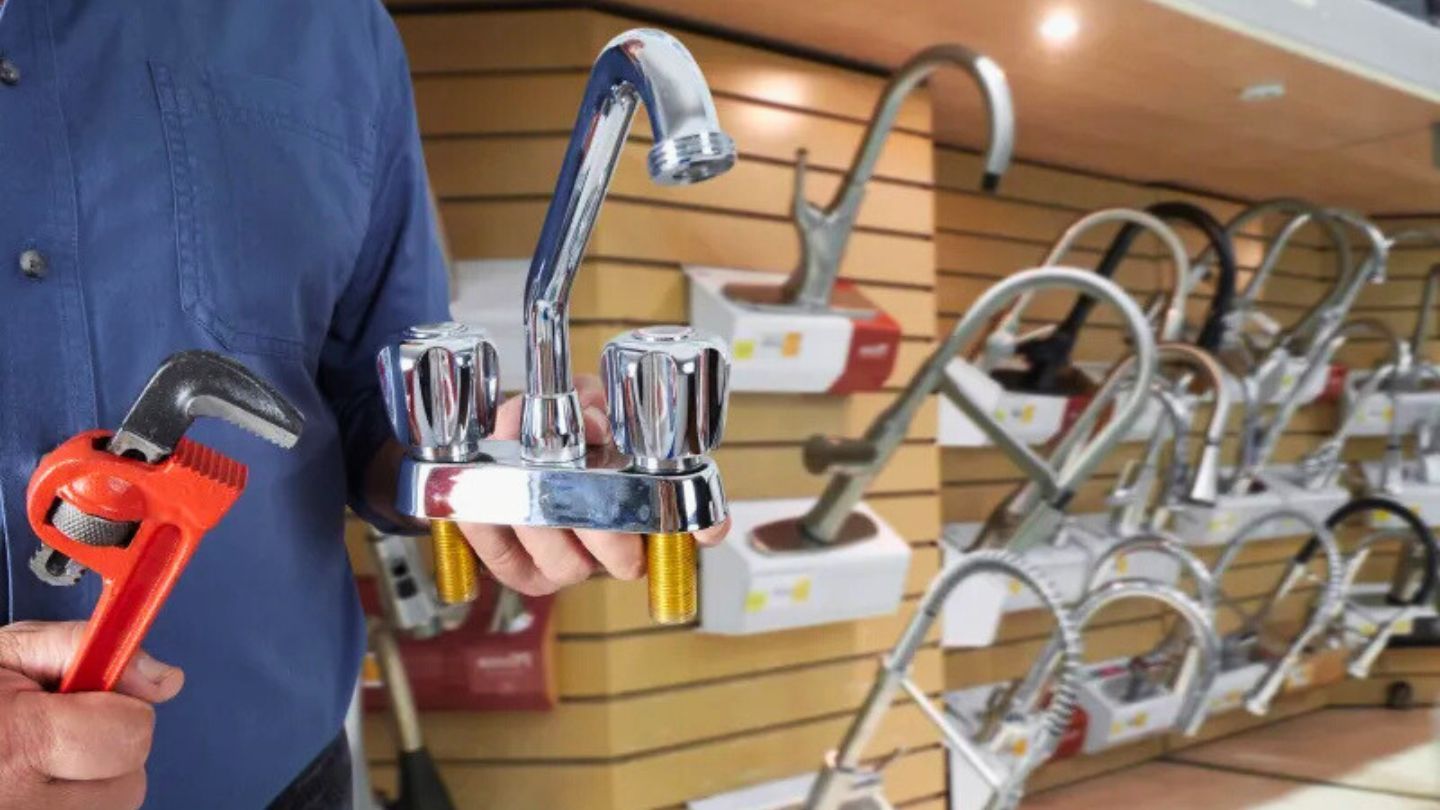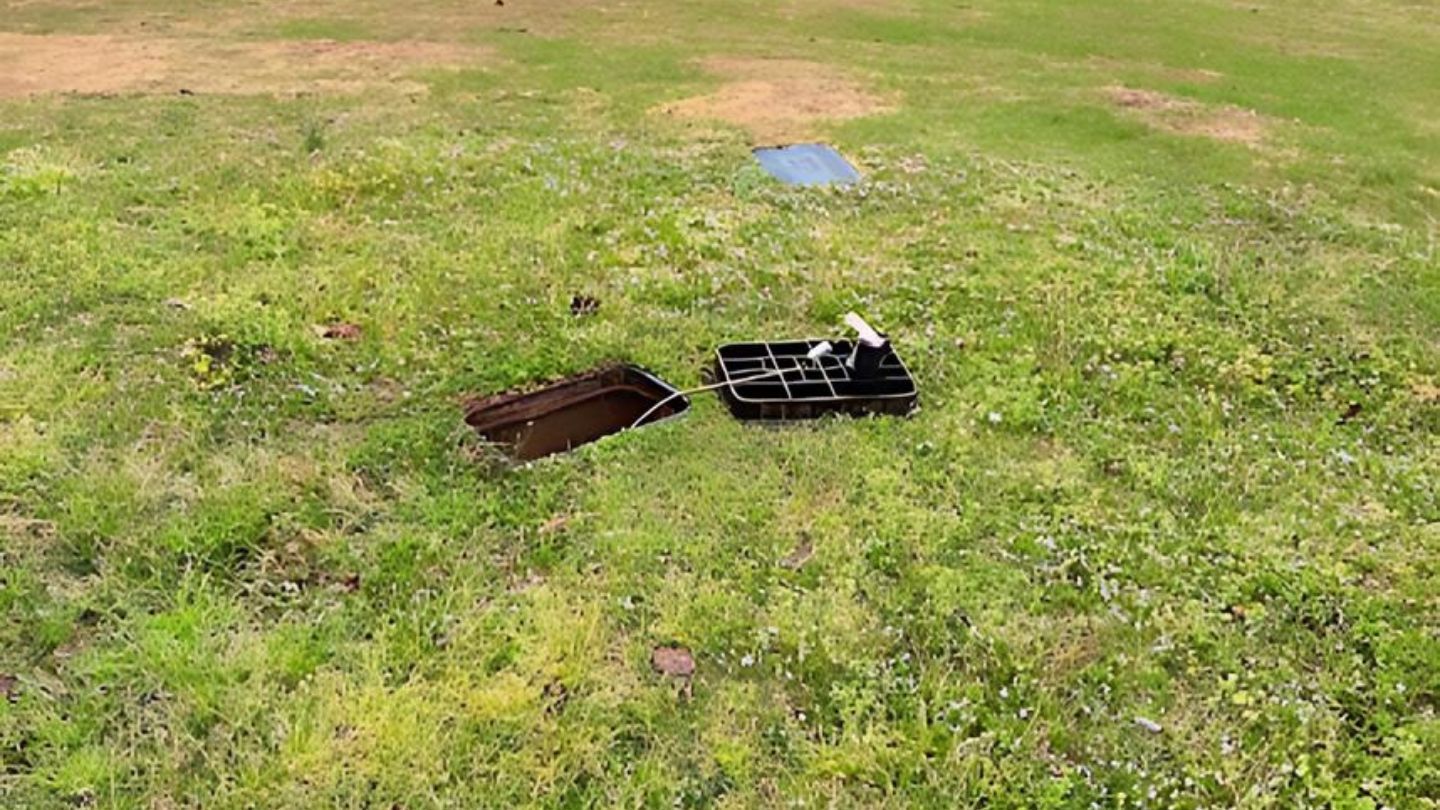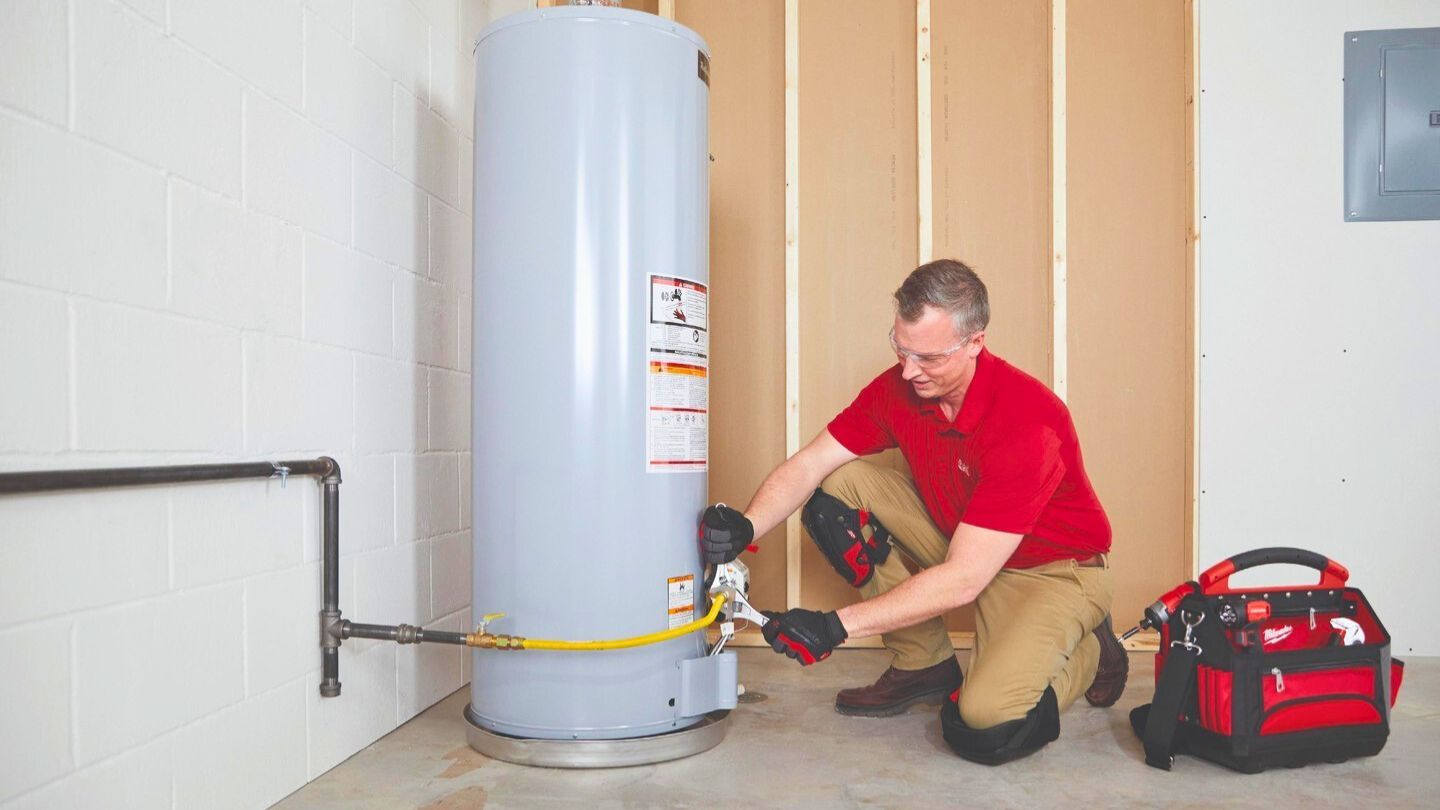The lifespan of a home's plumbing system depends on various factors,
including pipe materials and maintenance. Different plumbing pipes and fixtures
have varied lifespans, and understanding these differences can help you plan
for necessary maintenance and replacements. Here's a detailed guide on the
longevity of home plumbing components and proactive steps to ensure a lasting,
efficient system.
Key Takeaways:
- Pipe materials have distinct lifespans: PVC piping and
cast iron pipes tend to last the longest, while galvanized steel pipes and lead
pipes may present more maintenance concerns.
- Quality installation and regular maintenance can
significantly extend the life expectancy of your plumbing system, minimizing
costly repairs.
- Signs of necessary replacements include persistent low
water pressure, discolored drinking water, and frequent leaks, indicating
deterioration that needs immediate attention.
Lifespan of Different Pipe Materials
The longevity of plumbing pipes is influenced by the type of pipe,
installation quality, maintenance, and environmental conditions. Below, we
outline the typical lifespan of various plumbing pipe materials, including PVC
pipes, copper pipes, and more.
Copper Pipes
Copper pipes are robust and reliable, lasting about 40-50 years,
sometimes longer. However, copper is prone to corrosion in high-moisture areas,
leading to gradual deterioration. Regular checks for early corrosion signs,
like water discoloration, can help you detect issues before they escalate.
Diagnostic services from a professional plumber can assist in identifying these
issues.
Galvanized Steel Pipes
Galvanized steel piping, commonly used in American homes prior to the
1960s, has a lifespan of 80-100 years. These steel pipes are coated with a
protective zinc layer to ward off rust. However, the coating can wear down over
time, leading to corrosion and possible breakdowns. Homeowners with galvanized
steel should consider replacements for long-term reliability.
PVC Pipes
PVC piping is a staple in modern plumbing due to its impressive
durability and resistance to corrosion, lasting up to 70 years. However,
incorrect installation or high-pressure conditions can compromise their
lifespan. To extend the service life of PVC pipes, correct installation, and
routine maintenance are essential. Regular inspections can ensure your PVC
piping performs optimally.
Cast Iron Pipes
Cast iron pipes are known for their durability and can last a century.
However, these pipes are susceptible to rust, which can lead to severe plumbing
issues if not addressed early. Routine maintenance and inspection help prevent
corrosion from weakening the structure of cast iron piping.
Lead Pipes
Although lead pipes are durable and can last up to 70 years, they pose
health risks due to lead poisoning. Replacing lead pipes is crucial to ensure
safe drinking water. Professional plumbing services prioritize health and
safety by offering safe removal and replacement services.
Factors Affecting Plumbing Longevity

The lifespan of your home's plumbing system is not solely determined by
the type of pipe materials used. Several other factors, such as proper
maintenance, play a crucial role in how long your plumbing will last.
Understanding these factors can help you take proactive steps to extend the
life of your plumbing system and avoid unexpected, costly repairs.
Plumbing Fixtures and Their Lifespans
The lifespan of plumbing fixtures, like pipes, depends on material and
maintenance. Routine checks can prolong their life and catch potential issues
early, ensuring they remain in good shape.
Faucets
Kitchen faucets and bathroom sink faucets typically last 12-15 years
with proper care, although well-maintained faucets can last up to 20 years.
Indicators for replacement include leaks or reduced water pressure.
Toilets
Toilets can operate effectively for over 50 years. However, parts like
the flapper and fill valve may require periodic replacements to maintain
functionality. Regular maintenance can help you avoid larger toilet issues over
time.
Sinks
The longevity of sinks varies with the material, just like the pipes in
your home. Stainless steel sinks can last 15-30 years, acrylic sinks about 50
years, and enameled steel sinks around 10 years. Regular cleaning and avoiding
harsh chemicals can extend their life.
Showerheads
Showerheads, if regularly cleaned, can last indefinitely. Hard water can
shorten its lifespan due to mineral deposits. In areas with hard water, a water
softener can help maintain the showerhead function.
Sewer and Drain Lines

Your home's sewer and drain lines are essential for waste removal. Their
durability depends on the materials used and environmental factors.
Sewer Lines
PVC sewer lines, introduced in 1980, can last 80-100 years, while cast
iron sewer pipes may require earlier replacement due to susceptibility to tree
root intrusion. If you notice slow drainage or backups, a professional
inspection can help address these issues before they worsen.
Drain Lines
Drain lines made from galvanized steel or copper typically last around
50 years. Regular maintenance, avoiding harsh chemicals, and keeping drains
clear of debris can help extend their lifespan.
Water Heaters

A water heater is vital for providing hot water in your home, with a
general lifespan of 10-15 years. Gas water heaters typically last 8-12 years,
while electric models last around 10-15 years. An annual flush can reduce
sediment buildup, enhancing the water heater's efficiency. Testing the
pressure-relief valve is also recommended to maintain safety and performance.
Proper Installation and Preventative Maintenance
Correct installation and regular maintenance are key to prolonging the
lifespan of your plumbing systems. Poor installation can lead to major issues
within a decade, resulting in costly repairs. Hiring a qualified professional
ensures installation is up to code and reduces future issues.
Preventative Maintenance Tips
Routine plumbing inspections can identify issues early, preventing
costly repairs. Keep drains clear and schedule regular inspections, especially
if you have cast iron pipes, which are more prone to rust. Preventative
maintenance plans can help keep your system in top shape. If your home has
polybutylene pipes, it is recommended that they be replaced promptly due to
their known fragility.
Summary
Understanding the average lifespan of plumbing components allows for
timely replacements, ensuring an efficient plumbing system. Regular maintenance
and inspections are key to keeping your plumbing in top condition. By staying
proactive, you can prevent costly repairs and extend the life of your plumbing
system, ensuring it remains reliable and efficient for years to come.
At A-Total Plumbing, we are committed to delivering exceptional plumbing repair
for Acworth and beyond. Our skilled team is equipped to handle
all your plumbing needs, from preventative maintenance to urgent repairs. Don't
wait for minor plumbing issues to become major problems. Contact us
today to schedule a consultation and ensure your home's plumbing system remains
in top condition for years to come.
FAQs About Plumbing Lifespan and Maintenance
How can I tell if my pipes need replacing?
Signs like frequent leaks, rusty water, low water pressure, and
persistent clogs often indicate aging pipes. Regular inspections by
professionals can help catch these issues early.
Can I extend the lifespan of my plumbing system?
Yes, regular maintenance, quality installation, and promptly addressing
minor issues can help extend your system's lifespan. Routine inspections and
avoiding harsh chemicals also play a big role.
How often should I inspect my plumbing system?
It's ideal to have a professional inspect your plumbing annually,
especially if your home has older pipes. Inspections can help you identify
potential issues before they become costly repairs.
Is it worth investing in water softeners?
If you live in an area with hard water, a water softener can protect
pipes and fixtures from mineral buildup, which can extend their lifespan and
improve water quality.
What's the most durable type of plumbing pipe?
Cast iron pipes are known for their longevity and can last up to 100
years with proper maintenance. However, PVC pipes also have a long lifespan of
70+ years and are resistant to corrosion.

